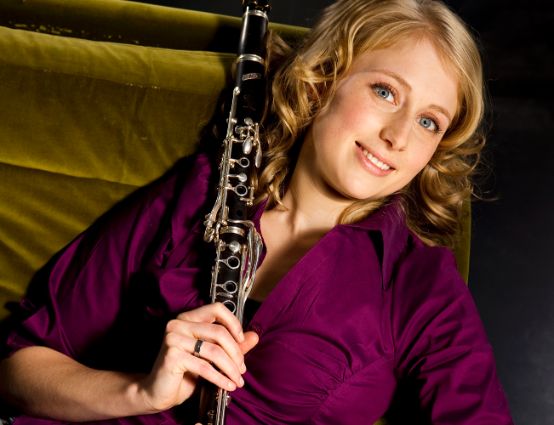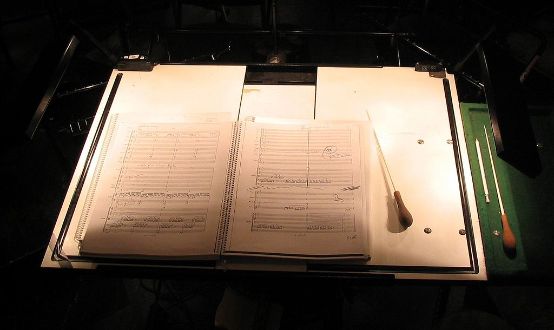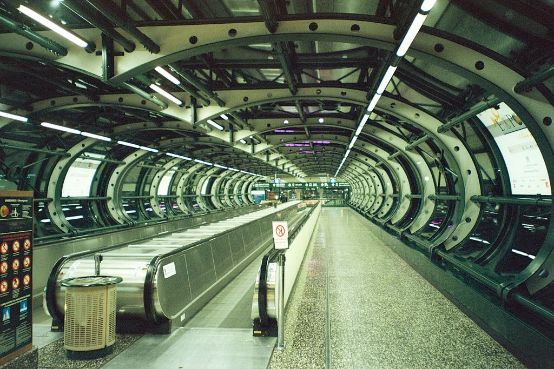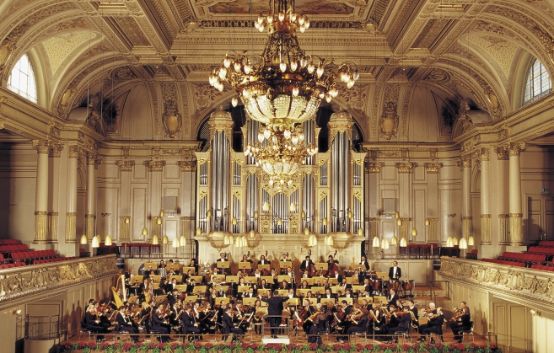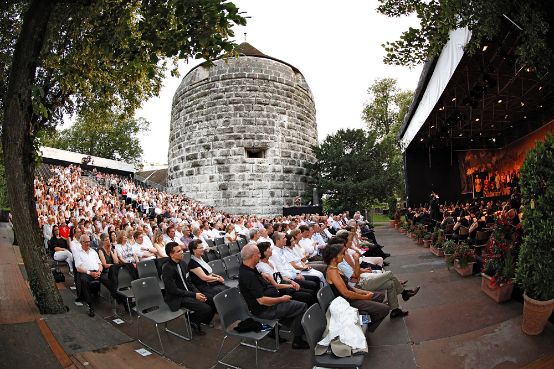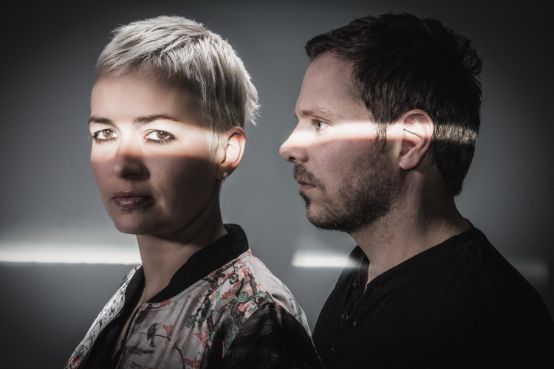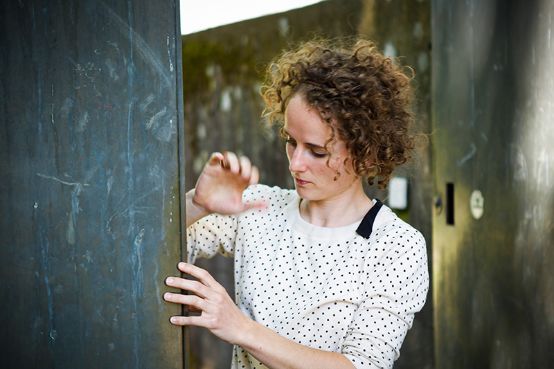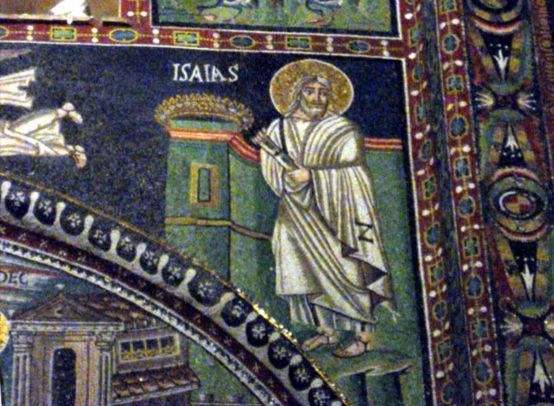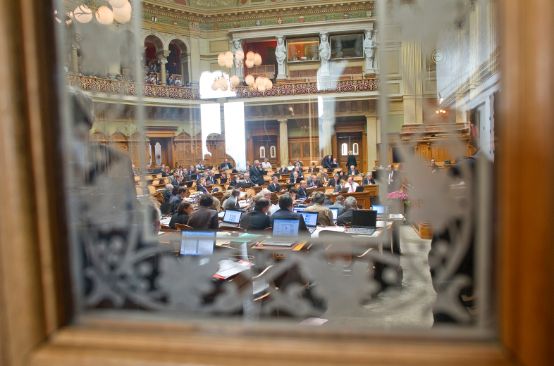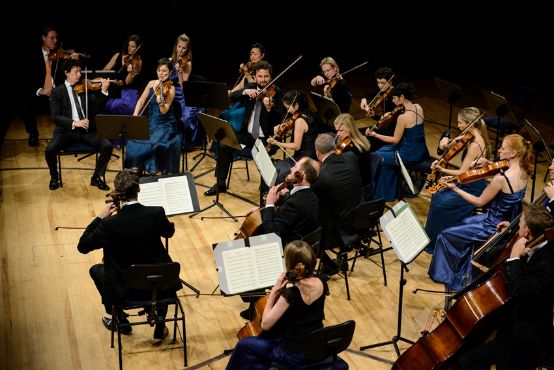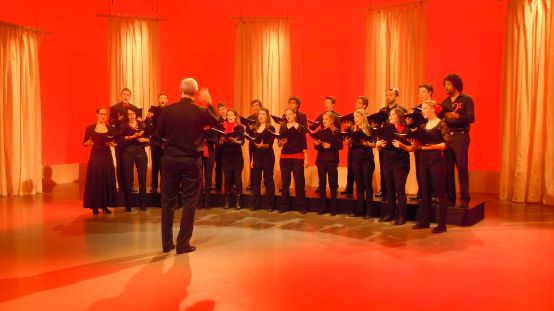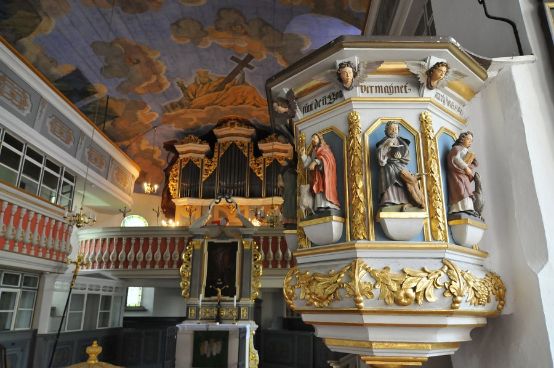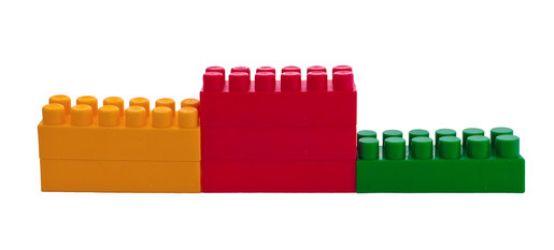Classic sound carriers continue to lose importance
According to the Digital Music Report 2015 published by the International Federation of the Phonographic Industry (IFPI), physical and digital sales in the global music industry have converged for the first time.

Sales of purely digital music offerings increased by 6.9% to 6.9 billion dollars and now account for 46% of global music sales. Total industry sales remained virtually stable at 14.97 billion dollars. Subscription services have increased dramatically by 39 percent, whereas traditional download sales have fallen by 8 percent.
Subscription services (such as Spotify) are now a mainstay of the music business with a turnover of 1.6 billion dollars. They account for 23% of the purely digital market. The industry expects further strong growth in 2015, with YouTube's Music Key, Jay Z's Tidal and a service expected from Apple likely to be the most significant.
According to the IFPI, licensing services and streaming will play an increasingly important role in the near future. New payment models, for example for high audio quality offerings, should further stimulate the market.






